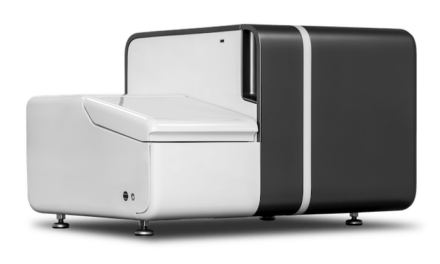Biocept Inc., a San Diego-based provider of molecular diagnostic assays, products, and services, has announced the publication of a study showing that the addition of Switch-Blocker technology to common PCR-based liquid biopsy assays significantly increased sensitivity in detecting rare cancer mutations. The abstract was published in the November 2021 issue of the Journal of Molecular Diagnostics.
Biocept’s Switch-Blocker technology enriches oncogenic mutations of interest while suppressing wild-type (normal) DNA, resulting in ultra-high sensitivity, specificity, and accuracy. In this study, Switch-Blockers were combined with conventional real-time PCR and droplet digital PCR assays.
“Our quantitative Switch-Blocker technology demonstrates an unprecedented ability to find and distinguish extremely rare genetic events—even in blood that contains mostly DNA from normal white blood cells,” says Michael Dugan, chief medical officer and medical director of Biocept. “This can greatly enhance the clinical sensitivity of our cell-free tumor DNA assays and has broad application in the continued development of highly sensitive and quantitative molecular diagnostic assays used to evaluate cerebrospinal fluid or blood from patients with cancer. Switch-Blocker-based assays can help detect cancer biomarkers that otherwise might be missed, improving treatment selection. They can also be used to evaluate treatment-related changes, find minimal residual disease, or identify early disease recurrence.”
Results showed that the addition of Switch-Blockers increased the sensitivity of allele-specific primer assays by more than 200 times, from about 1% minor allele frequency (MAF) to better than 0.01%. The sensitivity of multiplex competitive allele-specific TaqMan assays, commonly used with PCR amplification, were increased greater than 1,000 times, from about 10% MAF to 0.01% or better.
The ability to significantly increase the sensitivity of conventional mutation assays using Switch-Blocker technology is critical for helping to find rare genetic events in a wide range of applications, including solid tumor cancers, where a majority of biomarkers in blood occur at less than 1% MAF.





